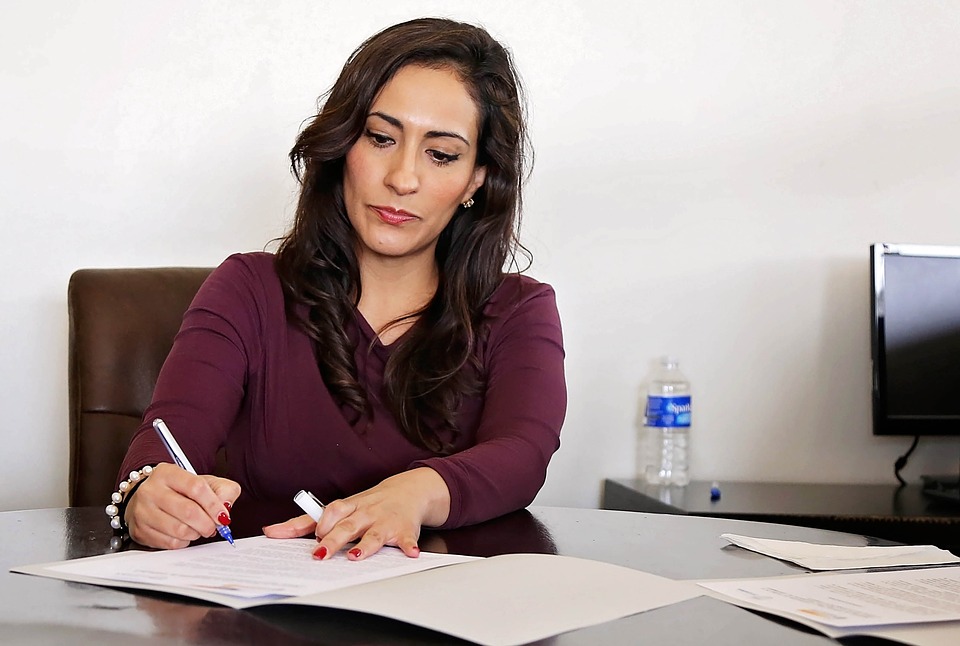
If you own or run a business, you expect the professionals you work with to provide information and advice that is in your best interests. This becomes particularly important when you employ an accountant and although the majority are highly competent, mistakes can be made. Negligent advice from an accountant could have significant or even disastrous financial consequences for your business.
As Olexandr Kyrychenko, Partner, professional negligence and dispute resolution specialist with IMD Solicitors explains, ‘If you have received negligent advice from your accountant which has led to financial loss, you may be entitled to bring a claim against them.’
Before considering whether you might be able to bring a professional negligence claim against your accountant, it is usually worth following the complaints procedures provided by the two bodies that regulate the profession, the Association of Certified Chartered Accountants (ACCA) and the Institute of Chartered Accountants in England and Wales (ICAEW).
It is very likely that your accountant will be accredited by one of these organisations, both of which have procedures to deal with complaints of poor service. You are not required to follow these procedures and you do not need a decision from either body before you can sue your accountant.
Where you have suffered financial loss and believe that it is a result of negligent advice, as opposed to poor service, then you may have a cause of action against your accountant. Common reasons for bringing a negligence claim against an accountant include:
In order to bring a claim of negligence, your solicitor has to be able to prove that:
All three elements (duty, breach and causation) must be present if your claim is to have a chance of being successful.
Whether or not you have a contract with your accountant, as your professional advisor they will owe you a duty of care. Every professional has a duty of care to their clients to provide a service using reasonable care and skill. If their work or advice falls below the standard that you are reasonably entitled to expect from them, they may have breached their duty and you may be able to sue them for negligence.
It is vital that you are able to prove that your accountant’s breach of their professional duty of care has resulted in financial loss to you or your business. Your accountant may have provided an inadequate service, but this is different from negligence in legal terms. You must therefore make sure that you have sufficient evidence to support your claim that their advice fell below a reasonable professional standard, and of the financial consequences of their failures.
The aim of a professional negligence claim is to put you in the financial position that you would have been in had it not been for the negligent advice. If your claim is successful, the compensation that you receive may be substantial and will usually be paid by your accountant’s professional indemnity insurer.
If the three elements are present in order to bring a claim, the first step in the process is to provide your solicitor with all the necessary documentation and evidence of your financial loss. Having reviewed these, your solicitor will then write to your accountant setting out the legal basis of your claim and a summary of the loss. This letter is called a pre-action letter and is the first step in the litigation process. It is part of the pre-action protocol which is designed to limit the number of cases that go to court by encouraging solicitors and their clients to resolve disputes early on in the process.
Your accountant or their solicitor will write back either stating that they accept your claim or that they intend to defend it, and on what basis. Settlement is often reached before a claim is issued at court through the process of mediation. However, if resolution is not possible, a formal claim will then be issued.
As with all claims in negligence, there is a strict statutory time limit for bringing a claim, known as the limitation period. For professional negligence claims, this period is usually six years from the date of the negligence. If the claim is not started within this period your accountant will have a strong defence, so it is crucial that you contact your solicitor as soon as you realise that the actions of your accountant have caused you a financial loss. It is also important to remember that if you decide to follow the ACCA or ICAEW complaints procedures the limitation period will be running during this time.
If you think you may have grounds for a claim in negligence against your accountant, or require advice on any other dispute resolution matter, please contact Olexandr Kyrychenko on 0333 358 3062 or email info@imd.co.uk.
This article is for general information only and does not constitute legal or professional advice. Please note that the law may have changed since this article was published.